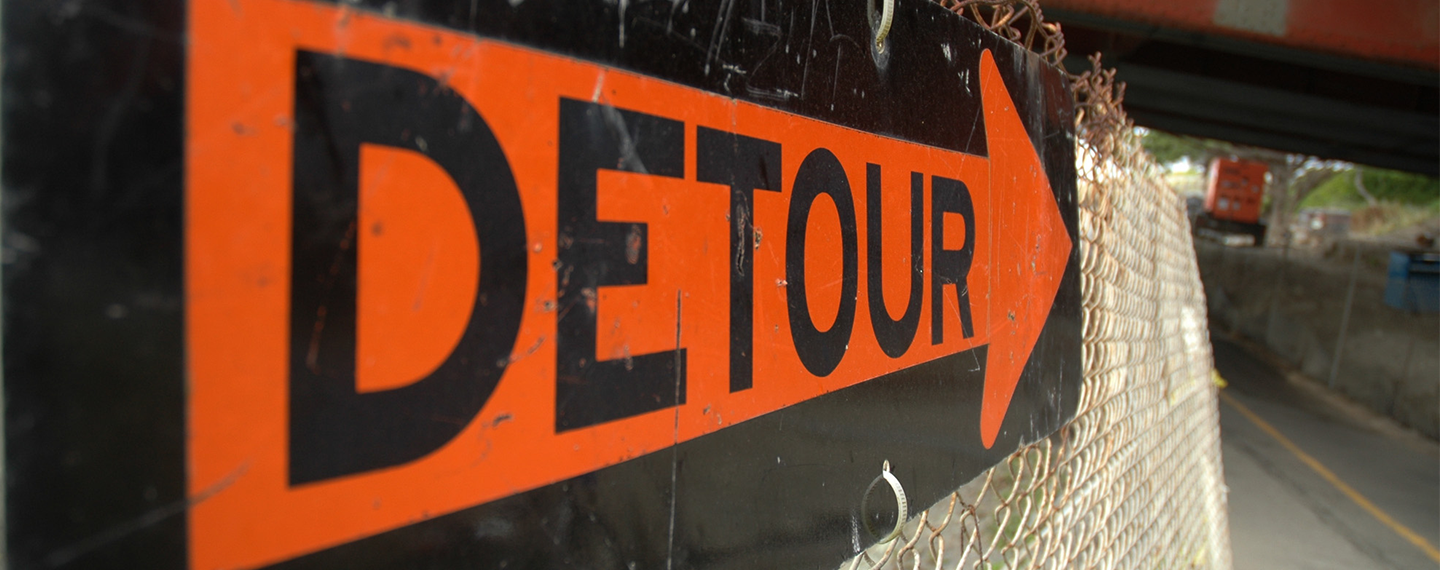1 of 5
1 of 5
The shift toward mobile banking has allowed banks to close branches. With the remaining branches, banks tend to:
2 of 5
2 of 5

Food delivery apps’ guarantees on timely delivery, typically within 30 minutes, predictably lead to collisions, injuries and some deaths. Fining the speeding drivers, China has learned:
3 of 5
3 of 5
COVID-19 created an urgent need for vaccines and other treatments. Pharmaceutical companies responded by:
4 of 5
4 of 5

Induced forgetting describes a political operative, say, telling you something irrelevant about an issue so that you’ll forget something they want you to disregard. The practice:
5 of 5
5 of 5
Some companies disclose greenhouse gas emissions and their equivalents and some don’t. Disclosures are mostly limited to Scope 1 emissions, those coming directly from a company’s operations. Scope 3 emissions, such as those of suppliers, aren’t disclosed. An analysis suggests: